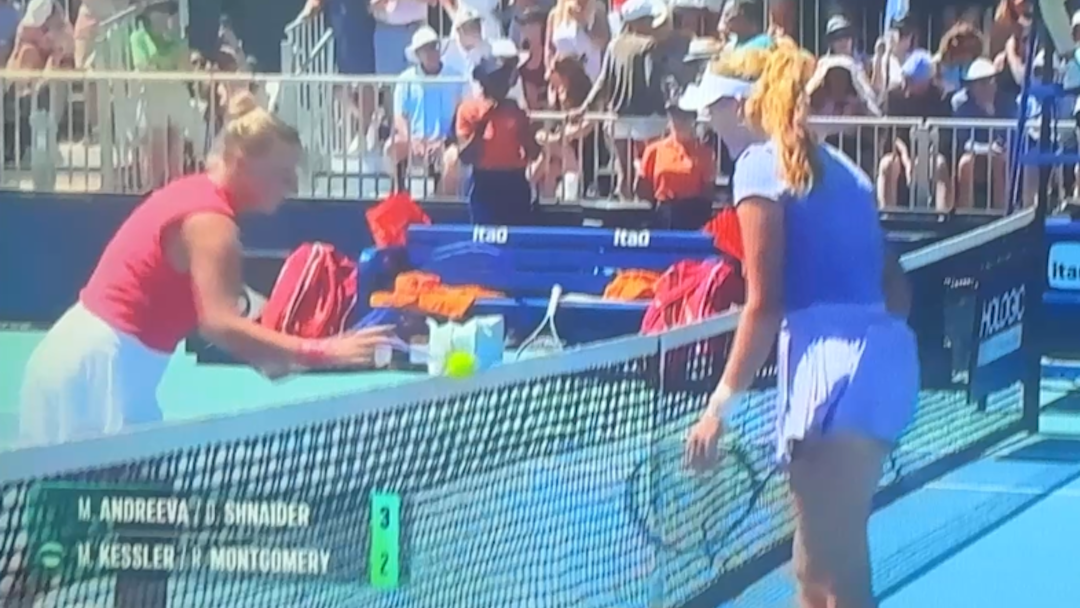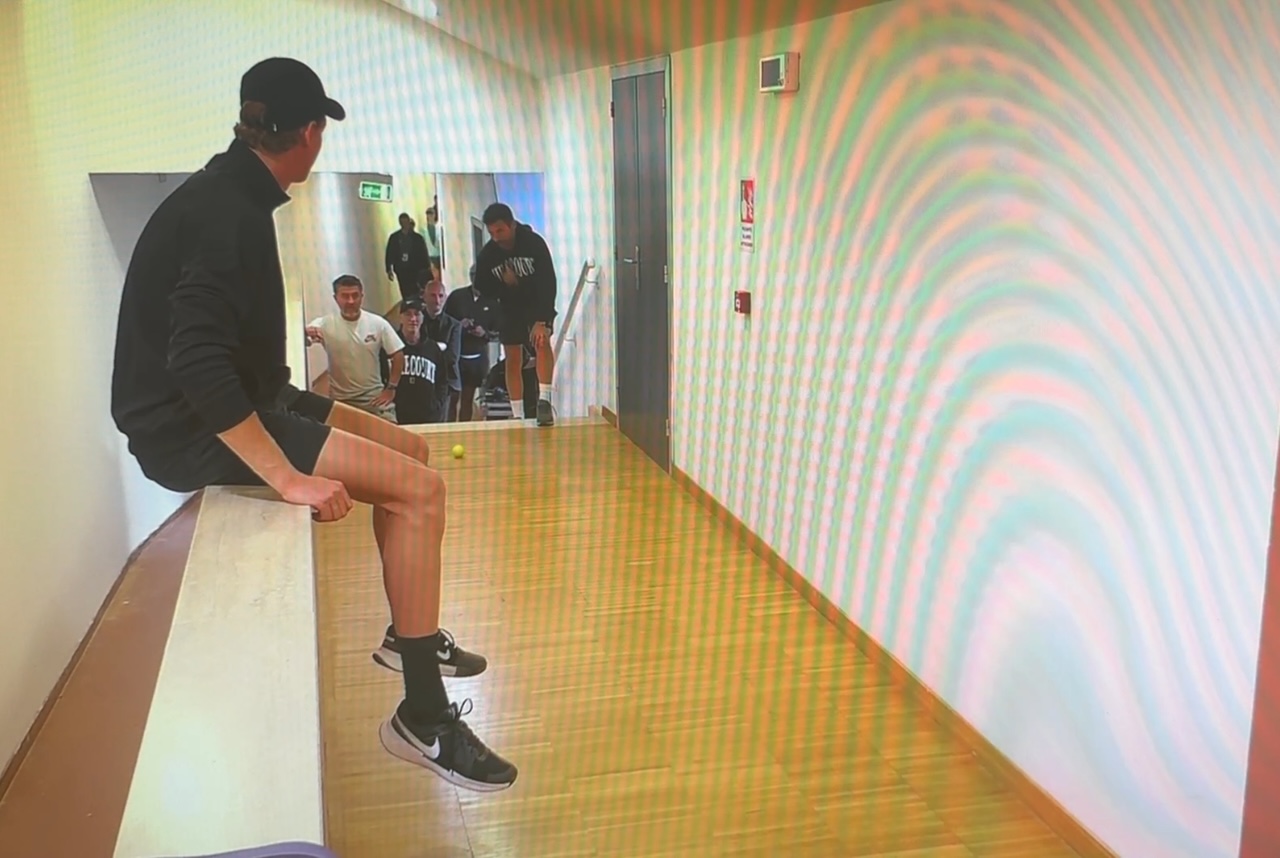USTA players from low participation areas are at a disadvantage when it comes to the uncomfortable topic of NTRP ratings “management.” Players in high participation areas play the majority of their matches against people with a lot of matches in their playing history. In addition to inherently lower variance that reduces the probability of disqualification “strikes,” match play history is public knowledge that is a useful guide for intentional ratings manipulation.
The posts in this weekend’s “Unplugged” series have been in my queue for several weeks. One of the things that kept me from publishing sooner was the interesting conversations that kept popping up during my own tennis matches. Every time the topic was surfaced, at least one player on the court had an NTRP ratings management story that had occurred in the last three months.
While some of the accounts were mere suspicion of tanking by players on the other side of the net, there were also plenty of first hand dishonorable stories as well. It is apparently pretty common for league captains to suggest to players that they need to make sure to lose at least two games in each set. Additionally, in areas with larger leagues, teams frequently play the last couple of matches with full understanding that the outcome doesn’t matter.
Players in low participation areas usually don’t have that luxury. Their teams are typically scraped together to play in a “qualification” event against other areas that are in the same boat. Even if a player or team wanted to “manage” an NTRP rating, they simply don’t have enough data to know when it is necessary or what the beneficial outcome should be. Additionally, teams that are playing qualification matches are in a situation where they have to win. Intentionally dropping matches is simply not an option.
Clearly giving a few games, or outright tanking of a match, is unsportsmanlike behavior. I am not advocating for that practice at all. However, based on the number of suspected and direct first person accounts that have recently reached my ears, NTRP ratings manipulation is not uncommon.
It is patently unfair that players with limited match history get disqualified at a higher frequency than those in more populous areas. Similarly, it is not equitable that some players have much more opportunity and insight than others to engage in NTRP ratings “management.”
One potential, but also unfortunately fairly complex, solution for the USTA is to allow players to flag matches that they believe should not count in their play history. In fact, that could reasonably occur for honorable situations. For example, I just spent several weeks in a walking boot. I have recently refused to play singles matches because my on court mobility is not representative of my true level of play. I don’t want to create outlier matches for either myself or my opponents.
If the USTA also allowed players to flag matches where a player suspected that their opponents might not have given a genuine effort, I am pretty sure that lightning rods for such complaints would become apparent. In fact, substantiated claims of that sort should be the only “strikes” that matter for disqualification.
A more simple, and less controversial, alternative would be to simply end dynamic disqualification entirely. Whenever I float that idea, I am invariably entertained with a story of why people think disqualification is needed. However, those accounts are actually about egregious self ratings where playing history is misrepresented. I have some ideas how to lock that down, but that is a post for another day.
Additionally, I challenge anyone to show me another organized sport where players are punished for high performance when they first start playing. Do we want the best athletes playing tennis, or not?
I firmly believe that ending dynamic disqualification would be good for tennis. It is a source of friction and initial negative player experience within the tennis ecosystem. Mass chaos will not ensue if it was eliminated.



